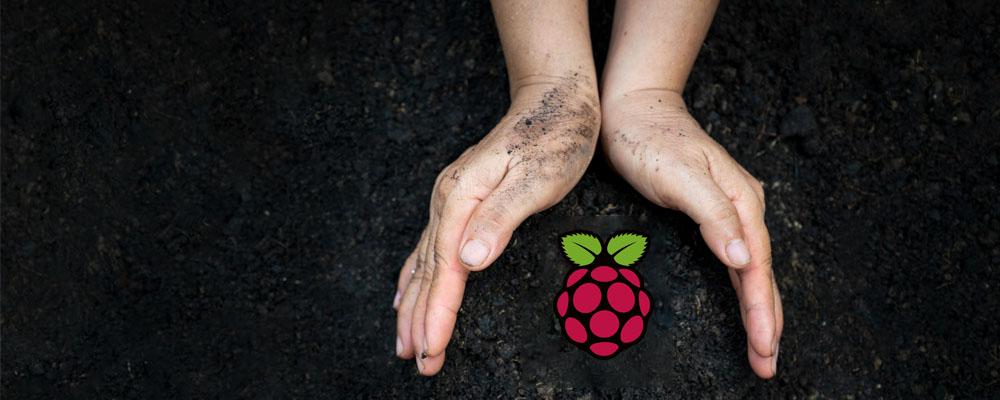
What Made News in the Raspberry Pi Ecosystem in 2021
It's been a while since I updated you about the raspberry Pi ecosystem so the time is right for a fresh look at recent developments.
The big announcement this year was the release of the Raspberry Pi Pico microcontroller. It is a different class of device from other Raspberry Pi single board computers, and represents a new market segment for the Raspberry Pi Foundation. So far this USD$4 device has been wildly successful and there is already a significant number of other third party boards designed around the RP2040 chip that was designed by the Raspberry Pi Foundation, as well as add-ons and accessories of different types. Individuals who want to design their own hardware can now buy the RP2040 chip in single quantities for USD$1 each.
Another significant new product was the Raspberry Pi 400, an all-in-one desktop computer based on the Raspberry Pi 4 that is contained within a keyboard and comes complete with mouse, power supply, SD card, cables, and beginner's guide. It's a very compact and low cost solution for a desktop computer.
On the other range of the user spectrum, for OEMs that want to incorporate a Raspberry Pi into their designs, the Compute Module was updated to the Compute Module 4, bringing the performance gains of the Raspberry Pi 4.
A small but welcome addition was the Raspberry Pi 4 Case Fan which works with the Raspberry Pi 4 and the official Raspberry Pi 4 case.
The Raspberry Pi keyboard is now available for an expanded number of international keyboard layouts, including UK English, US English, German, French, Spanish, Portuguese, Norwegian, Swedish and Danish.
The Raspberry Pi Zero product line has been extended with the new Pi Zero 2 W. It sports 512MB of RAM and a faster 64-bit quad-core CPU with almost the same level of processing power as a Raspberry Pi 3, at cost of US$15. It has the same footprint as the Pi Zero W (US$15) and Pi Zero (US$5).
And finally, the PoE (Power Over Ethernet) HAT for the Raspberry Pi, which allows a Raspberry Pi to be powered by an Ethernet network, has been updated to the POE+ Hat. It offers a number of improvements, including greater power handling capability.
There are now more than 40 official Raspberry Pi products available from the Pi Store, and more than 40 million Raspberry Pi boards have been sold (as of May 2021). As the 10-year anniversary of the Raspberry Pi release approaches (the initial launch was in February 2012), this versatile board continues to be extremely popular.